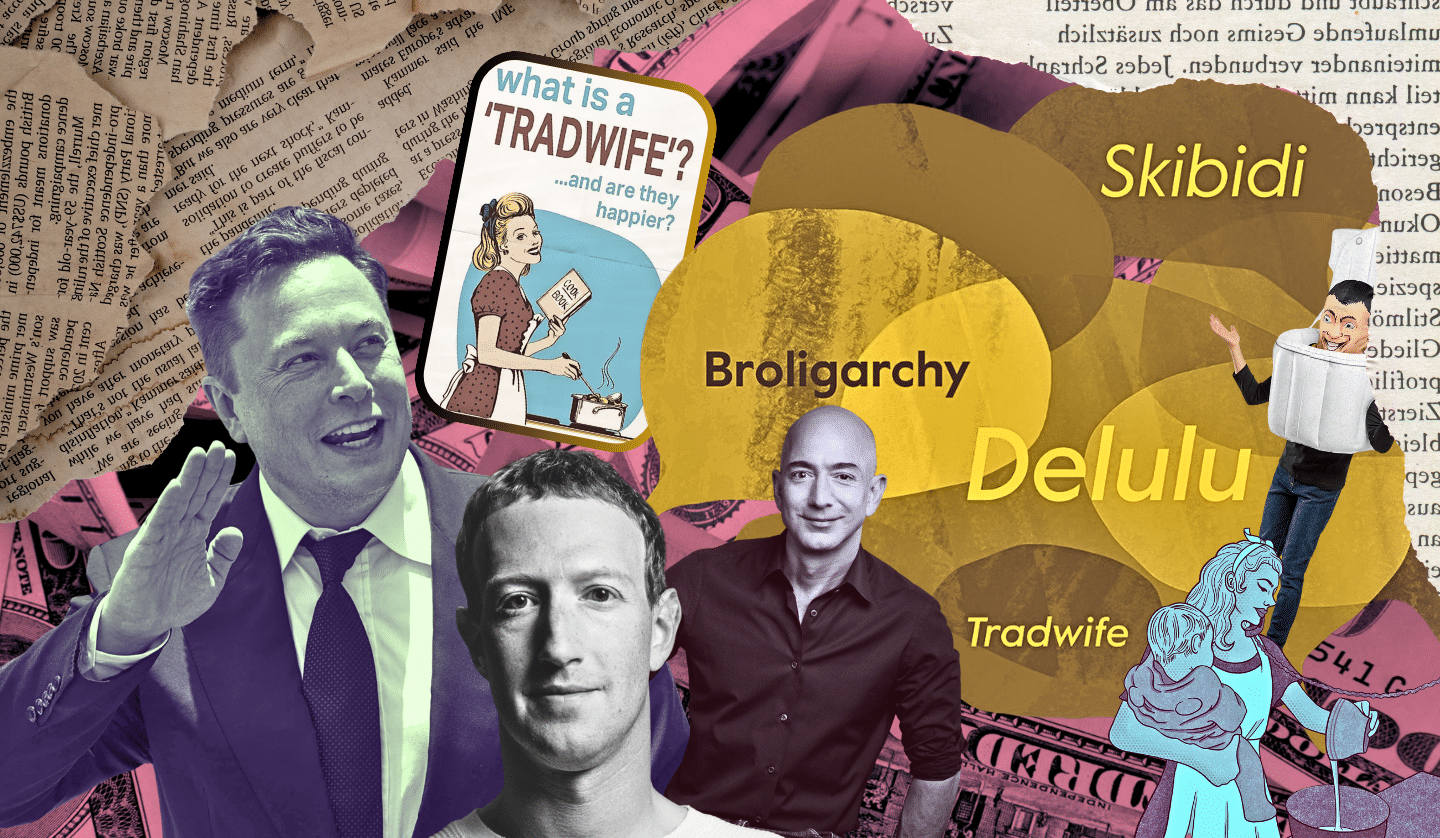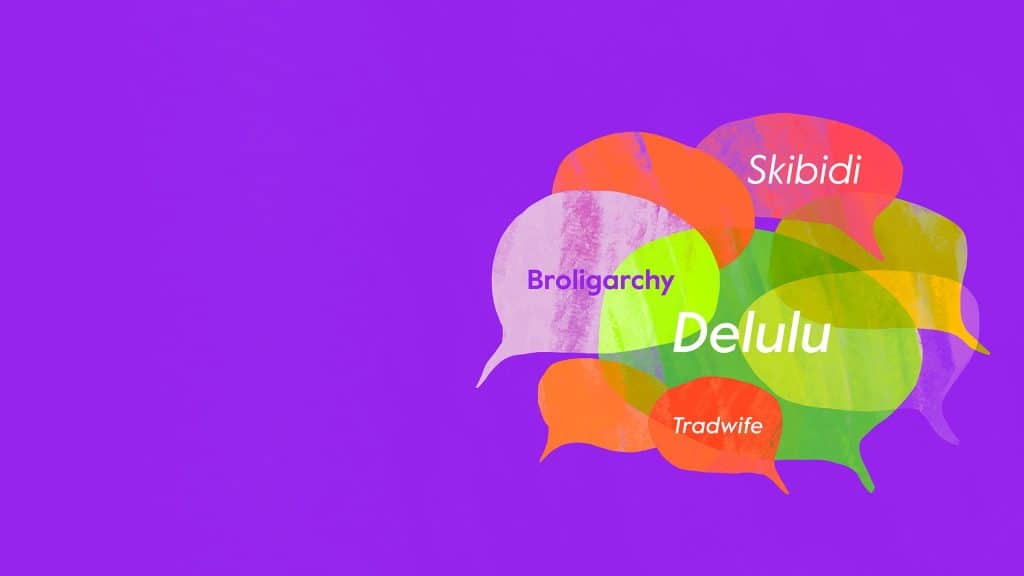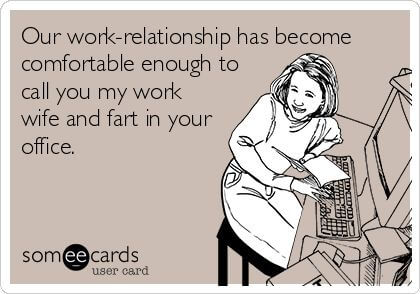10 Thai Horror Films Featuring Beautiful Ghosts
From haunting folklore to modern urban horror, here are 10 Thai horror ...


Cambridge Dictionary just dropped a motherlode: 6,000 new words, many straight from the Gen Alpha vocabulary.
Translation for the uninitiated: those TikTok words you’ve been side-eyeing? They’re officially canon now. Yes, even “skibidi” made it into legitimate English. What was once dismissed as brain rot is now dictionary-certified vocabulary.
Colin McIntosh, Cambridge Dictionary’s Lexical Programme Manager, isn’t throwing random TikTok slang at the wall to see what sticks. The new entries mark words that have moved past meme status into real communication. It’s actually less about chasing trends and more about recognising that language now evolves in real time, shaped by social media, work culture and our need to name the oddly specific.
Today, we’ve curated the TikTok-born Gen Alpha words that survived the Cambridge gauntlet!
Let’s start with the popular kid at the table: “skibidi.” This chaotic term now officially suggests “cool,” “bad” or quite literally “a joke without real meaning”.
Example: “What the skibidi are you doing?”
“Skibidi” is literally the backbone of an entire meme ecosystem as of now. Word fusions like “skibidi toilet” or just dropping “skibidi” anywhere cranks chaos to 11. It is a meaningless yet profound linguistic riddle for a generation raised on 15-second attention spans.
Because sometimes “delusional” requires too many keystrokes and we kind of admire that efficiency. This internet-born shorthand captures our collective relationship with reality in the digital age: when your friend insists their situationship (that murky not-dating-but-not-just-friends limbo) has potential despite overwhelming evidence suggesting otherwise? That’s peak “delulu” energy.
Another case in point for you: “Don’t get delulu and think you’re above these newly recognised words.”
Cambridge says it’s a device that tricks your computer into thinking you’re actively working. A tool for “corporate slacking”.
Look, in the corporate realm, work-from-home world, this little gadget has become many’s best friend. It keeps your status green while you’re doing literally any and everything else.
Example: “I’ve got three meetings today, but my mouse jiggler is handling the heavy lifting.”
Your “mouse jiggler” just got academic credibility. What a time!
This describes the unique brand of domesticity that thrives on Instagram and TikTok in recent years, where homemaking becomes content with perfectly proofed sourdough and colour-coded cleaning supplies. It is nostalgic and modern all at once.
Example in action: “I’m going full tradwife this weekend: farmers market, flower arranging, the whole aesthetic.”

Speaking of work relationships, these terms are now dictionary-official. Because apparently we needed formal recognition for that colleague who knows your coffee order and your deepest professional anxieties.
Example: “Sarah isn’t just my coworker. She’s my work wife. She covers for me in meetings and always knows when I need a mental health walk.”
Apparently, in our increasingly blended work-life world these social bonds now have proper linguistic acknowledgment.
Another example: “My work husband basically runs interference with our boss so I can actually get stuff done. We’re like a professional power couple!”
This one’s a mashup of “bro” and “oligarchy”. It describes the unprecedented influence of tech billionaires over modern society. The term specifically targets figures like Jeff Bezos, Elon Musk and Mark Zuckerberg, suggesting they wield oligarch-level power while maintaining the casual, “bro culture” persona of Silicon Valley.
This one’s basically a double shot of political commentary. It captures how these tech titans, while running companies, they’re also shaping politics, controlling information flow and influencing global policy as if society were their personal playground.
The word gained mainstream traction during Trump’s 2025 inauguration, where tech leaders’ prominent presence crystallised public awareness of their outsized political influence.
Example: “The broligarchy updated my privacy settings again.”
Ultimately, when memes crystallise into vocabulary and emerging power structures demand fresh terminology, dictionaries transform from gatekeepers into historians. They document not the language we’re supposed to use, but the language we actually live in, proving that the chaotic creativity of online culture has become more linguistically influential than any traditional institution.
So what the skibidi is next? In our algorithm-driven dialect democracy, only the digital masses and whatever platform they’re obsessing over will decide which will get crowned with official dictionary status next.
From haunting folklore to modern urban horror, here are 10 Thai horror ...
In Emerald Fennell’s adaptation of Wuthering Heights, colour is not decorative. It ...
Inside River City Bangkok, a thousand worlds emerge through art, antiques, architecture, ...
Discover how Dr Chaweewan Hutacharern leads FEED Thailand in turning forests and ...
Wandering around the globe, try out the signature tastes of cultures across ...
These top 5 barber shops in Bangkok are where gentlemen can elevate ...
Wee use cookies to deliver your best experience on our website. By using our website, you consent to our cookies in accordance with our cookies policy and privacy policy